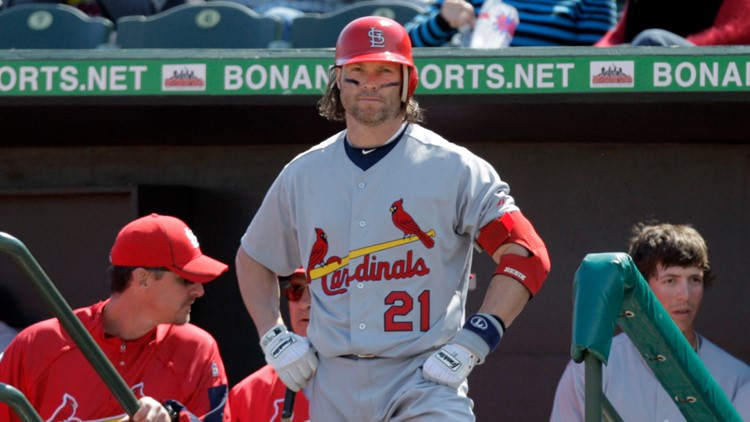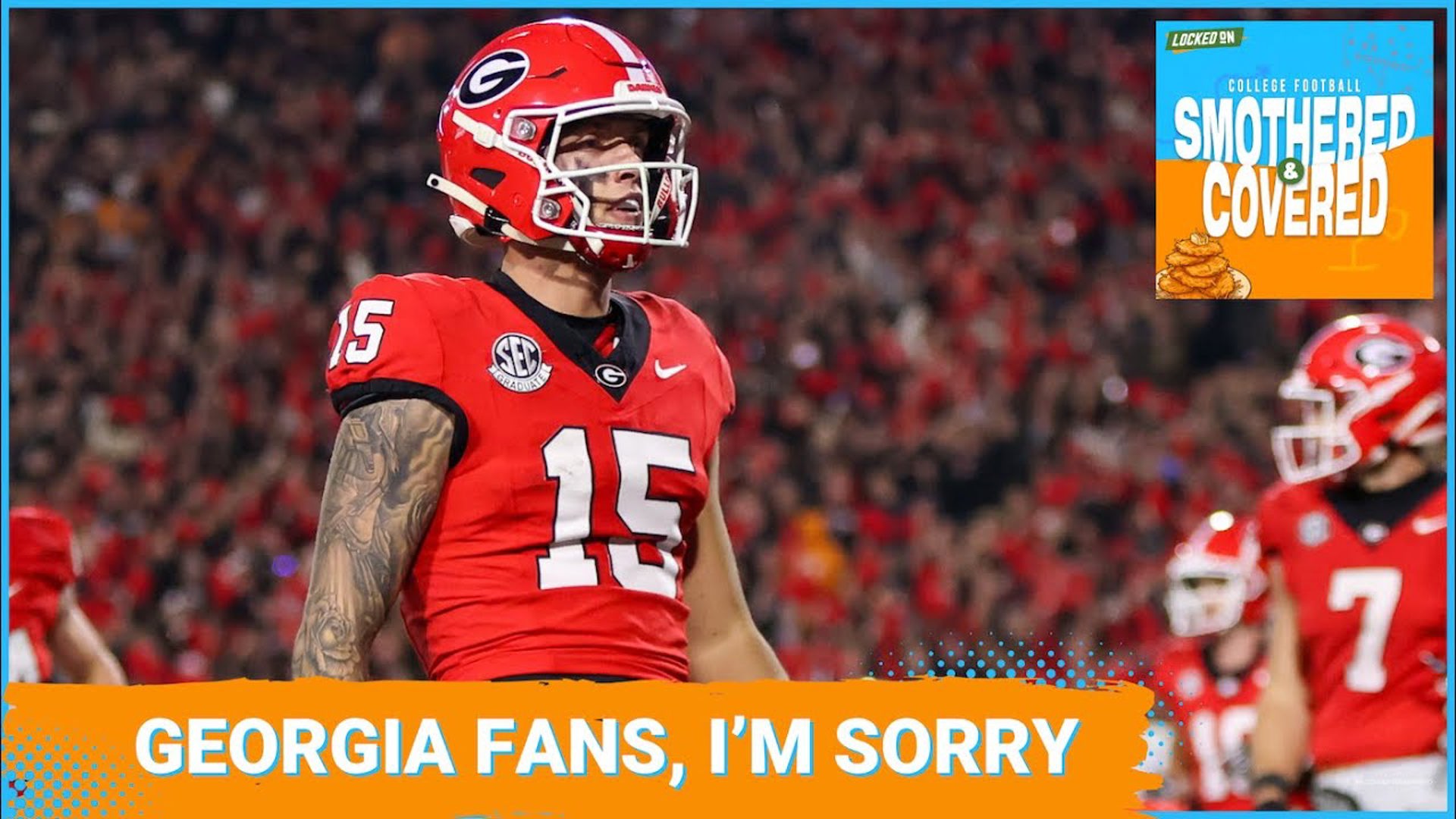ST. LOUIS — Monday will probably be the same as what almost all of the other days have been like the last 10 years for Jason LaRue.
The fact that Aug. 10, 2020 is the 10th anniversary of the day that forever altered his life isn’t something LaRue plans to spend time thinking about.
In the first inning of the Cardinals game on Aug. 10, 2010 against the Reds in Cincinnati, an exchange between Brandon Phillips and Yadier Molina quickly escalated into a brawl.
LaRue, the Cardinals’ backup catcher, was in the dugout and joined his teammates as they sprinted onto the field in an effort to keep anybody from getting hurt.
“We had a great team and had a lot of superstars on that team,” LaRue said this week. “We had a lot of guys who were early in their career. My job was to step in between them. You don’t want to see a guy’s career shortened because of somebody being stupid.
“If I get hurt, it’s not going to faze me. The way that it happened? Yeah, it was bush league. It probably was the biggest bush league thing that has happened in Major League Baseball.”

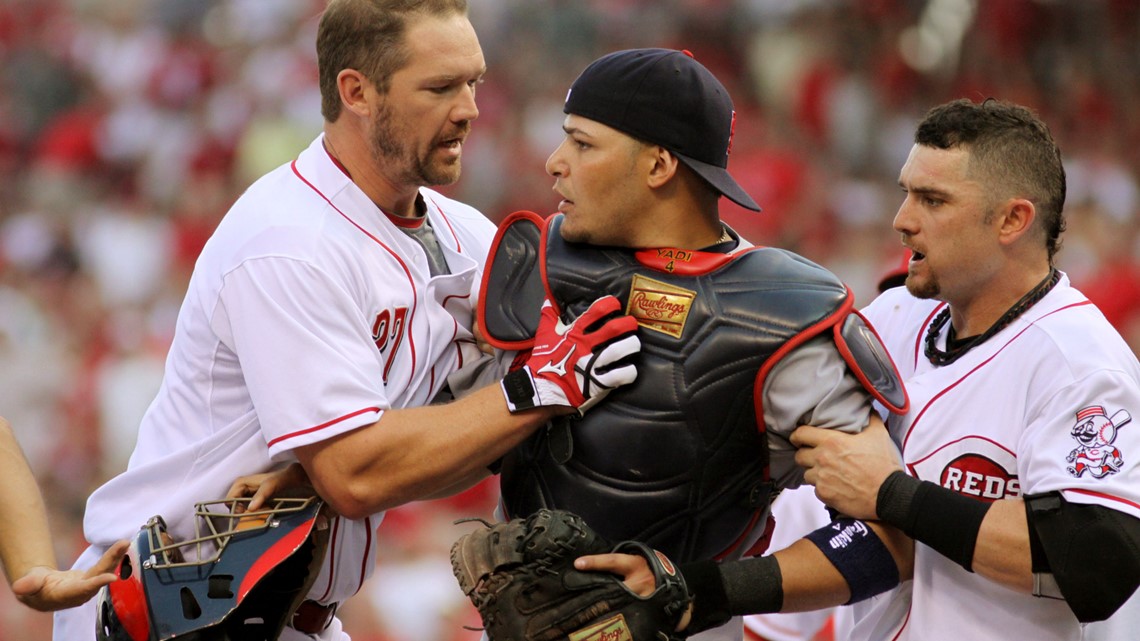
As players from both teams congregated behind home plate, LaRue and Chris Carpenter found themselves next to the Reds’ Johnny Cueto near the screen.
“I was in the absolute wrong place at the wrong time,” LaRue said. “The most aggravating part of it is nothing was going on. There was no reason that Johnny Cueto did what he did. Nobody was throwing punches. Carpenter and Scott Rolen were separated.
“All of a sudden, for whatever reason, I was next to Carpenter and we felt someone absolutely pelting us in our backs with their cleats. We turned around and he (Cueto) was kicking us. I felt like I was going to try to do something and somebody grabbed my hands, and I was a dead duck standing there with somebody kicking me in the face.
“As I reached out to grab the guy to get to him to stop kicking, somebody swiped my hands. Then, the kicks went from my chest to my face.”

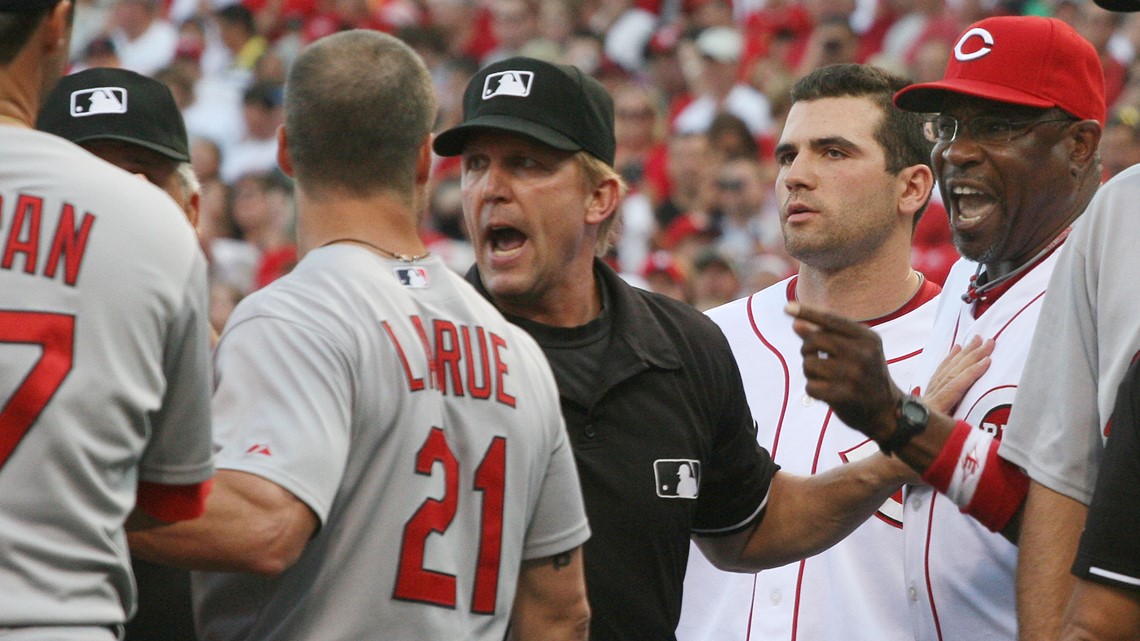
One of the Reds in the middle of the melee, Ramon Hernandez, had played against LaRue for years coming up through the minor leagues. He grabbed LaRue and pulled him away.
“I was still wanting to find Cueto and retaliate,” LaRue said. “Ramon was like, ‘Jason, stop, you are hurt bad.’ I was like, ‘What are you talking about?’ All of a sudden I looked down and my jersey was full of blood and I was like, ‘Why the hell am I bleeding?’ He said I had cuts all over my face. That’s when I figured out I had been kicked in the face.
“I got the biggest head rush and lost all sense of where I was. I lost control of my body. I felt like I was floating and I didn’t have my balance. I knew I had to get to a trainer and find out what was going on.”
LaRue, who had suffered multiple concussions during his 10-year career in the major leagues as a result of home-plate collisions and other on-field incidents, knew this was serious, but it took a couple of weeks before he really began to understand this concussion was different.
“I couldn’t drive. I couldn’t watch TV. I couldn’t do anything,” he said. “I was basically like a vegetable at the house.”
LaRue’s wife, Heather, brought him and their three sons – then ages 10, 6 and 4 – back to their home in Texas, about an hour north of San Antonio. LaRue was there for about a month and felt his health was improving when the Cardinals asked him to join the team in Pittsburgh for a series so he also could undergo exams from concussion experts at the University of Pittsburgh.
“The best concussion doctors were there,” LaRue said. “That’s where all the football guys went. They put me through some extensive tests and then told me to get on a bike and then I started going right back into the concussion syndrome. I told the guy I felt like I was about to fall off the bike and about to throw up.”
As he sat in the doctor’s office, LaRue heard the conclusion from the medical experts – despite all that was not known about concussions, their opinion was, “We don’t know how bad the next one is going to be, but more than likely it could be as bad or worse than this.”
“It was a really simple decision for me,” LaRue said. “I had a wife and three boys and I said I would like to be able to live as normal a life as possible, to play sports and go on vacation and do normal-people things. I’m not playing anymore.”
Living the life he planned
LaRue was 36 at the time, and what he had envisioned as his post-baseball life was spending time with his family at home, free from the worry or pressure of needing a job, thanks to baseball.
“I was blessed to play long enough and make enough money and was smart with my money to put it away so I could sit back and enjoy the kids and not have to worry about working and missing out on things they were doing,” he said. “As baseball players, especially as you get older, you miss out on things just because of the lifestyle of how much time baseball takes you away from the family.
“I likely would have played for another year or two (if the fight hadn’t happened). I knew the relationship I had with Tony (La Russa) and the job I could do as a backup catcher. But I also knew my career was going to be done soon.”
The end just didn’t happen as LaRue had hoped, with the decision to retire being his and his family’s alone, not having that decision forced upon him because of somebody else’s actions.
“I really don’t think about it (the fight) anymore unless somebody brings it up,” LaRue said. “Obviously, you wish it wouldn’t have happened, but it happened, and you have to move forward with your life. I’m not a guy who is a grudge holder. I played long enough, and that’s probably the main reason I don’t (hold a grudge). I was financially secure so it didn’t really affect me in that way. If that had been a different situation, it probably would be a different scenario.”
As he has accepted what happened, however, and learned to deal with the lingering side effects of the concussion that still bother him all these years later, there is one aspect to the fight that LaRue can’t put out of his mind.
Did Cueto ever attempt to contact him, to say he was sorry and apologize for what happened?
“Hell no,” LaRue said. “That’s the sad thing. He never reached out and apologized. He just thought everything was OK. To me, that tells you exactly what type of a person he is. He’s not a good person. He’s not a guy you want on your team. He’s not a good guy. That’s the easiest way I can say it. That’s the truth and that’s what people need to hear.
“If he would have reached out and said, ‘Hey, I apologize. I panicked. I was scared, whatever.’ I would have been like, ‘It is what it is. I accept your apology, move on and go have your career.’ That’s the bad thing. He was a phenomenal pitcher. There was no reason he should have done what he did. It was horrible.”
Whenever Cueto has been asked about the fight, what he said happened was that he felt trapped against the screen and feared he was going to be pinned. He started kicking to open more space around him.
“It was an excuse. It was 100% an excuse,” said LaRue, who went back and watched the video of the fight so he could understand what happened. “Nobody was even talking to him or holding him. He pulled himself up on the screen. If he felt he was trapped, how was I not trapped when I was right next to him?”
Cueto was suspended by Major League Baseball for seven games.
The lingering side effects
As LaRue moved into his post-baseball life, most of the days were good. He was coaching Tyler, Dylan and Brayden. He raised deer on the 135 acres at his home. He has more acreage in south Texas.
Then, the side effects of the concussion got in the way of that idyllic life.
One day, almost a year to the day after the fight, LaRue was tired of not being able to work out, something he had done all his life.
“I was like, ‘Man, I’ve had enough. I can’t do this and not work out.’ I went to a CrossFit gym and did a five-minute workout and got my heart rate elevated. I was going out to my truck to sign some papers from the gym and when I got to the truck I couldn’t figure out what was going on. It was exactly as bad or worse than the day the fight happened,” he said.
“I called the (Cardinals) trainer and said I was right back to square one. I didn’t know how to get rid of the stuff (the side effects) or if I ever would.”
What LaRue has learned since is what he needs to do to control the side effects. He knows when he works out, when his heart rate reaches 170 or 180 he has to stop. He tries to eat a low-inflammation diet and takes fish oil capsules, which help control one of the side effects: a short temper.
“One of the side effects of too many concussions is you do become more of a short-tempered guy, just with stupid little things,” LaRue said. “Things that never aggravated you sometimes nag you and aggravate the hell out of you.”
LaRue had other issues he had to deal with as well.
“For a long time, I would drive around with a pad in my back pocket to remember what time I had to pick the kids up from school,” he said. “Just stupid little things like that. I couldn’t deal with loud noises or too many flashing lights. To this day with police car lights, I can’t even look at them.
“To this day, another thing my wife gets very aggravated about is when I go to the grocery store and don’t have my wallet. I get to the checkout counter and get ready to pay, and I have to say, ‘Sorry, can I leave that basket over there? I’ll be back in an hour to pick them up.’”
The nearest grocery store is 35 minutes away from LaRue’s home.
“The damage is done,” LaRue said. “It’s not really going to be repaired completely. It’s not like a pulled muscle that will heal.
“The lingering side effects will never go away. It’s not traumatic or anything. It’s not life-threatening that I know of, but there are still some side effects. There’s no way I will ever get rid of them.”
Making happy memories
LaRue prefers to think about the present and not the past. His oldest son Tyler is a freshman in college now and is playing baseball. LaRue spent this summer traveling to baseball tournaments around the country with sons Dylan, now 16, and Brayden, who is 14. He will be in Atlanta on Monday, watching Dylan compete in a tournament.

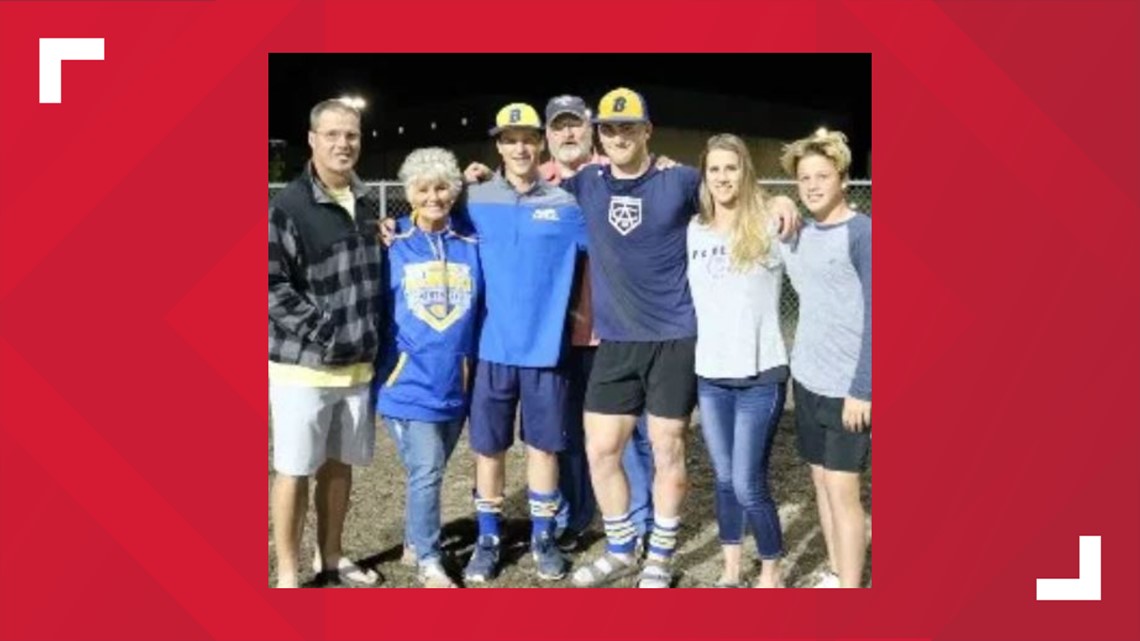
He has a good life, the life he wanted – except for the way his career ended, and the side effects that came from the last concussion.
“It’s amazing,” he said. “I tell people all the time, especially as I am involved with the kids and tell them the stories of when I was in the big leagues. It seemed like when I played every year was an eternity. Now, I look back and it’s my 10th year of being retired and it seems like I was playing yesterday. I think time flies faster when you are done.”


